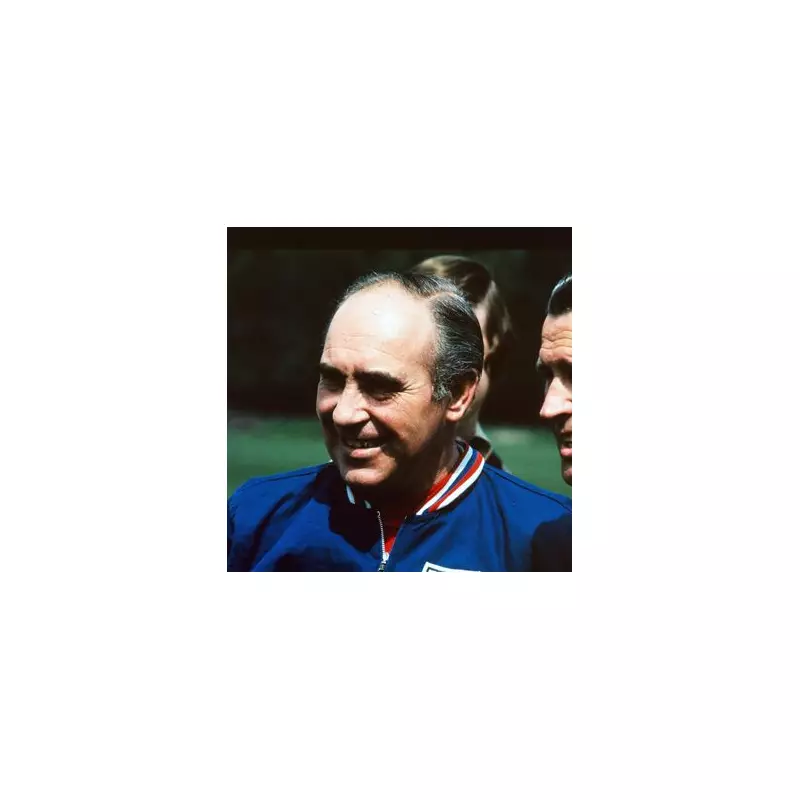
The glittering legacy of Sir Alf Ramsey, the knighted architect of England's 1966 World Cup triumph, is forever shadowed by a moment of vile prejudice that caused him decades of private anguish. Despite being hailed a national hero, Ramsey was haunted by a racist slur he directed at one of his own players, a cruel remark that stands in stark contrast to his public image.
This dark chapter, explored in a new ITV documentary, reveals the profound regret that festered within the famously stoic manager. The incident occurred after a disappointing draw against Poland in 1973, a result that ultimately cost England a place at the 1974 World Cup.
A Venomous Outburst
In the heat of the frustrated dressing room, Ramsey's anger was misdirected not at the performance, but at the heritage of his player. He turned to defender Paul Reaney and uttered the unforgivable phrase: "Don't talk to me like that, you fucking negro." The room fell into a stunned silence, the words hanging in the air, forever altering the squad's perception of their leader.
Though the remark was aimed at Reaney, it was fellow defender Viv Anderson who later articulated the collective devastation, stating it made him feel "about two inches tall" and instantly erased any respect he held for Ramsey.
A Lifetime of Remorse
Contrary to the image of an unrepentant bigot, close confidantes of Ramsey insist the manager was utterly consumed by shame for the remainder of his life. His trusted physiotherapist, Fred Street, became a personal confessor, with Ramsey repeatedly asking, "Why did I say that, Fred?" decades after the event.
This single moment of bigotry undermined Ramsey's own professional principles. He was the man who had previously handed a debut to Benjamin Odeje, the first black schoolboy to play for England, demonstrating that his prejudice was not a consistent life philosophy but a catastrophic, venomous lapse in character.
A Painful Legacy
The incident created a rift that never healed. While Ramsey appeared to seek a form of forgiveness by later selecting black players like Luther Blissett for England, the stain on his reputation proved permanent. For the pioneers of black English football, Ramsey's words were a painful reminder of the barriers they faced, a betrayal from the very pinnacle of the sport.
His story serves as a complex and sobering lesson in football history: a reminder that even the most celebrated heroes can be flawed, and that a moment of hate can echo far louder than a lifetime of achievement.





